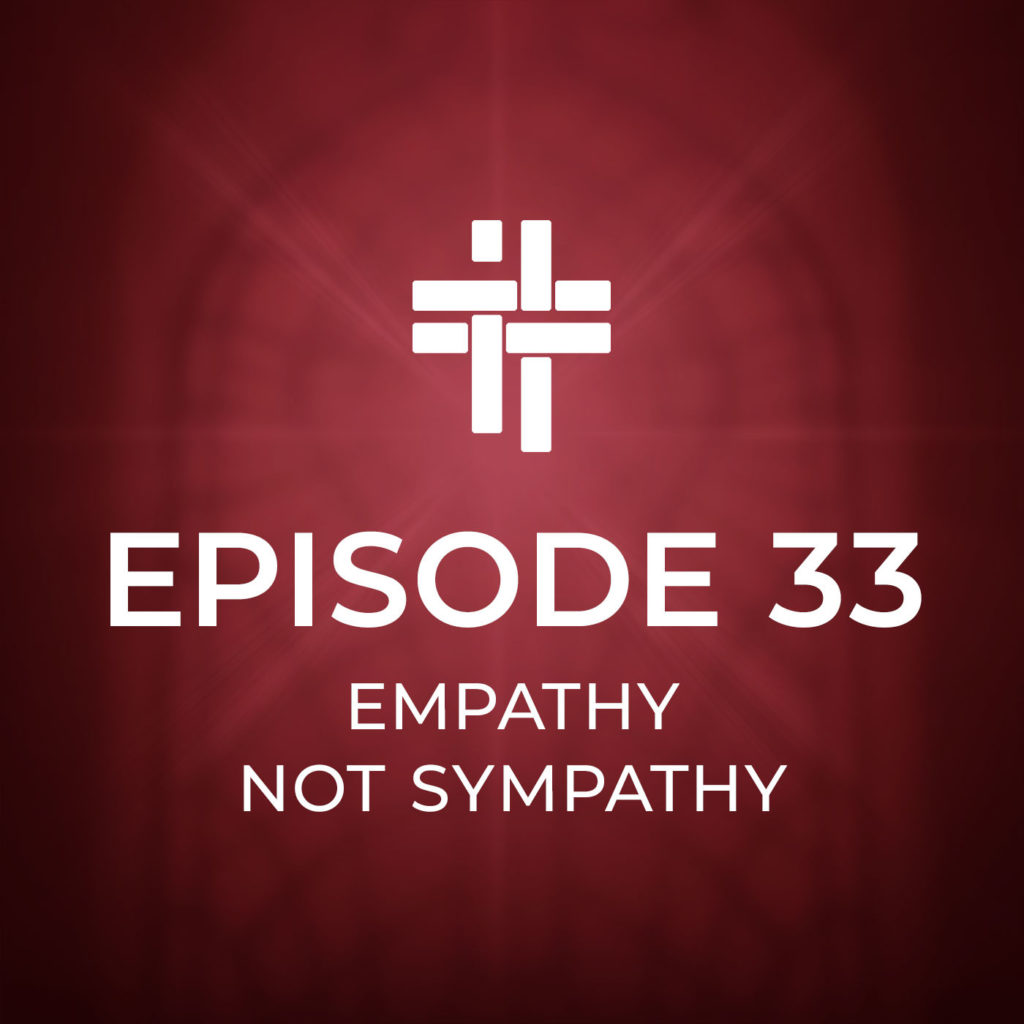In this episode, I want to point out a common trap that awaits peacemakers: Sympathy is often equated with empathy. When peacemakers fail to discern the difference between sympathy and empathy, they get into trouble.
Podcast: Play in new window | Download (Duration: 10:44 — 14.7MB) | Embed
Subscribe to the podcast
Credits
“Angel Share” Kevin MacLeod Licensed under Creative Commons: By Attribution 3.0 License


